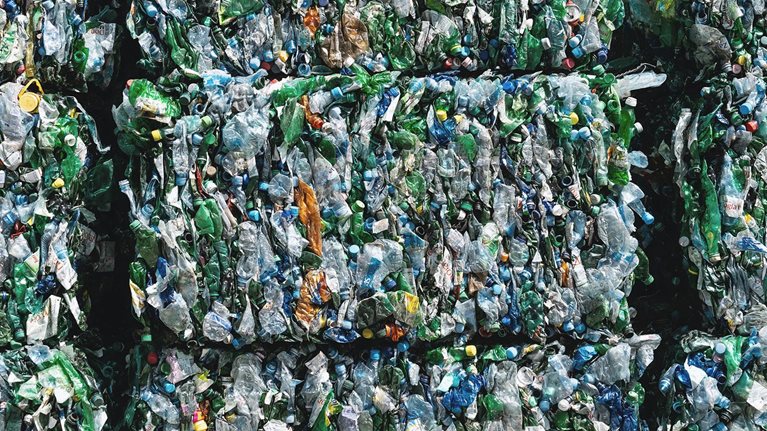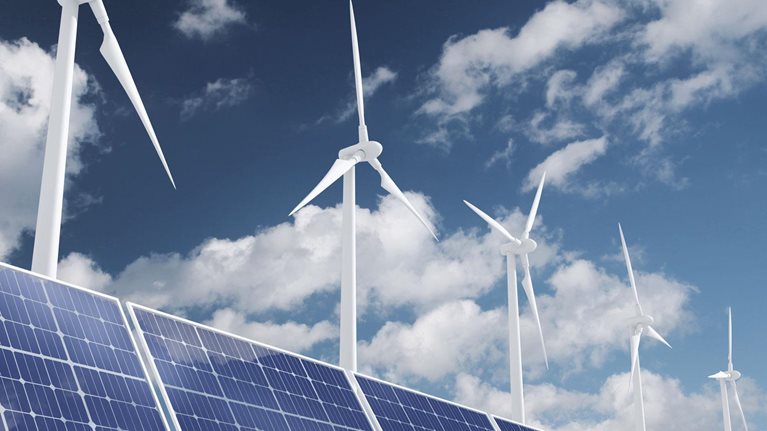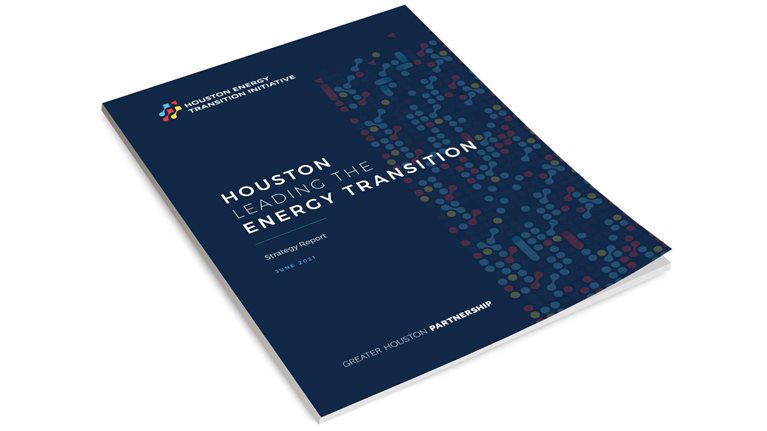The United States is the second-largest source of carbon emissions on the planet, responsible for approximately 25 percent of global emissions. Home to energy companies with assets across the globe, the US Gulf Coast is responsible for approximately 10 percent of national and 3 percent of global emissions; however it directly influences a far greater proportion of these emissions.
This influence creates a unique opportunity for the region to play a meaningful role globally, as we transition the economy and continue to power sustainable, inclusive growth. The US Gulf Coast is a natural leader of the global energy transition and decarbonization movement. Texas is the nation’s primary renewable energy producer, home to half of the nation’s hydrogen pipelines, and its companies have unparalleled capabilities in building and operating complex projects. Houston’s large base of industry and Fortune 500 companies is well positioned to lead the energy transition across multiple green technologies including hydrogen, carbon capture, utilization, and storage (CCUS), circular plastics, and power management.
With a long history of solving many of the world’s greatest challenges—developing medical breakthroughs, leading human spaceflight, and powering the world—Houston is proud to be a city of problem solvers and innovators who tackle big, complicated, and consequential problems. Now once again Houston is being called to solve a global challenge of extreme magnitude: how to meet growing global energy demand while also dramatically cutting climate-changing greenhouse gas emissions.
Our Houston office has a history of entrepreneurial spirit and a legacy of investing in the community, including our ongoing work with the Greater Houston Partnership’s Houston Energy Transition Initiative and the Center for Houston’s Future hydrogen work. To date, we have invested over $15 million in regional decarbonization efforts, and we will continue to accelerate this investment in line with our firm’s broader commitment of $2 billion in cash and in-kind support for social responsibility efforts by 2030. To continue unlocking transformational opportunities for the community and for our clients, we are establishing a Global Decarbonization Hub in Houston—focused on building capabilities, reinventing business models for carbon-exposed businesses, scaling up the energy transition startup community, and attracting and developing unparalleled talent.
The hub builds on multiple transformative sustainability projects, extensive analytics and benchmarking capabilities, and the depth and breadth of our local and global leadership teams.

























